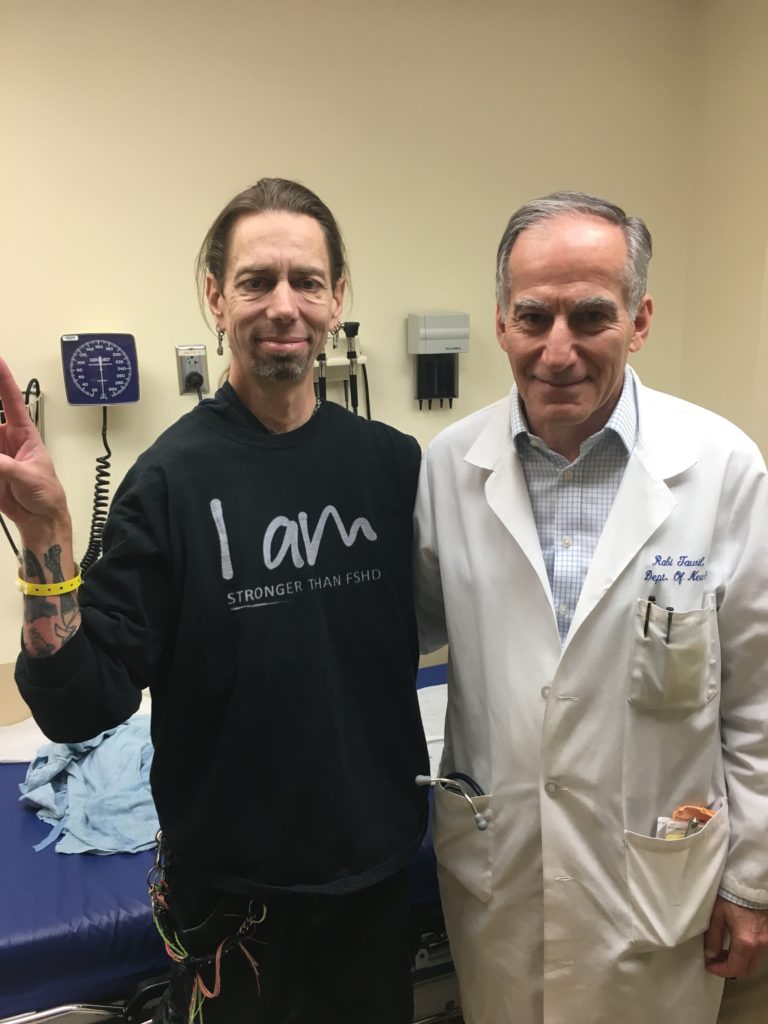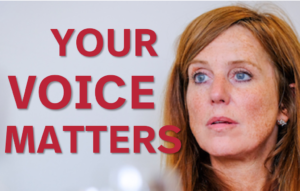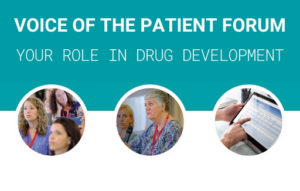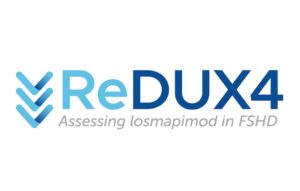
To crack the code of FSHD, patients are absolutely essential
All of the breakthroughs—the discovery of the genetic causes, understanding why some patients vary so greatly in the severity of their symptoms, teasing out the biochemical pathways that could point to future treatments—were made because patients stepped up to the plate.
Too often, we hear patients say they’ll volunteer when there’s a treatment. But we will never get to a treatment unless patients participate in fundamental research now. FSHD is uniquely human, so no laboratory mouse can ever fully model the disease. The genetic “package” that causes FSHD is found only in people. We owe an enormous debt to the patients who give DNA samples. Who submit to long interviews and exhausting physical tests. Allow a surgeon to cut out a small muscle sample. Who fight claustrophobia to lie in the narrow bore of an MRI machine.
Equally important are patients’ family members, both affected and unaffected, who provide the best experimental controls because of their shared genetic and environmental backgrounds. A parent or sibling who has very mild symptoms may hold the key to understanding the factors that protect against the full-blown development of FSHD symptoms in a more severely affected family member.
We are more hopeful today than ever before that a treatment is within sight. We cannot guarantee when that treatment will arrive, but here’s one thing we guarantee: If you volunteer for research, your participation will without question help move us a step closer to that day.
Scientific Overview of FSHD
Read the latest on wikipedia
Glossary of Scientific Terms
Why Your Voice Matters
This April 21, the FSHD Society is holding its landmark Voice of the Patient Forum on drug development for FSH muscular dystrophy. You will be hearing a lot about it… Read More »
Voice of the Patient Forum [VIDEO]
Recorded on January 20, this informational video discusses the upcoming Voice of the Patient Forum (or patient-focused drug development meeting) for facioscapulohumeral muscular dystrophy (FSHD) that is being organized by… Read More »
Fulcrum’s approach to treating FSH muscular dystrophy [VIDEO]
In this video, Michelle Mellion, MD, medical director at Fulcrum Therapeutics, discusses the Cambridge biotech’s approach to treating facioscapulohumeral muscular dystrophy. She describes the company’s scientific research to develop “FSHD… Read More »
FSHD goes to school
by Kristin Zwickau New England Chapter Director Having a child diagnosed with a complex, serious disease that causes disabilities is a very hard reality for parents to deal with, let… Read More »






